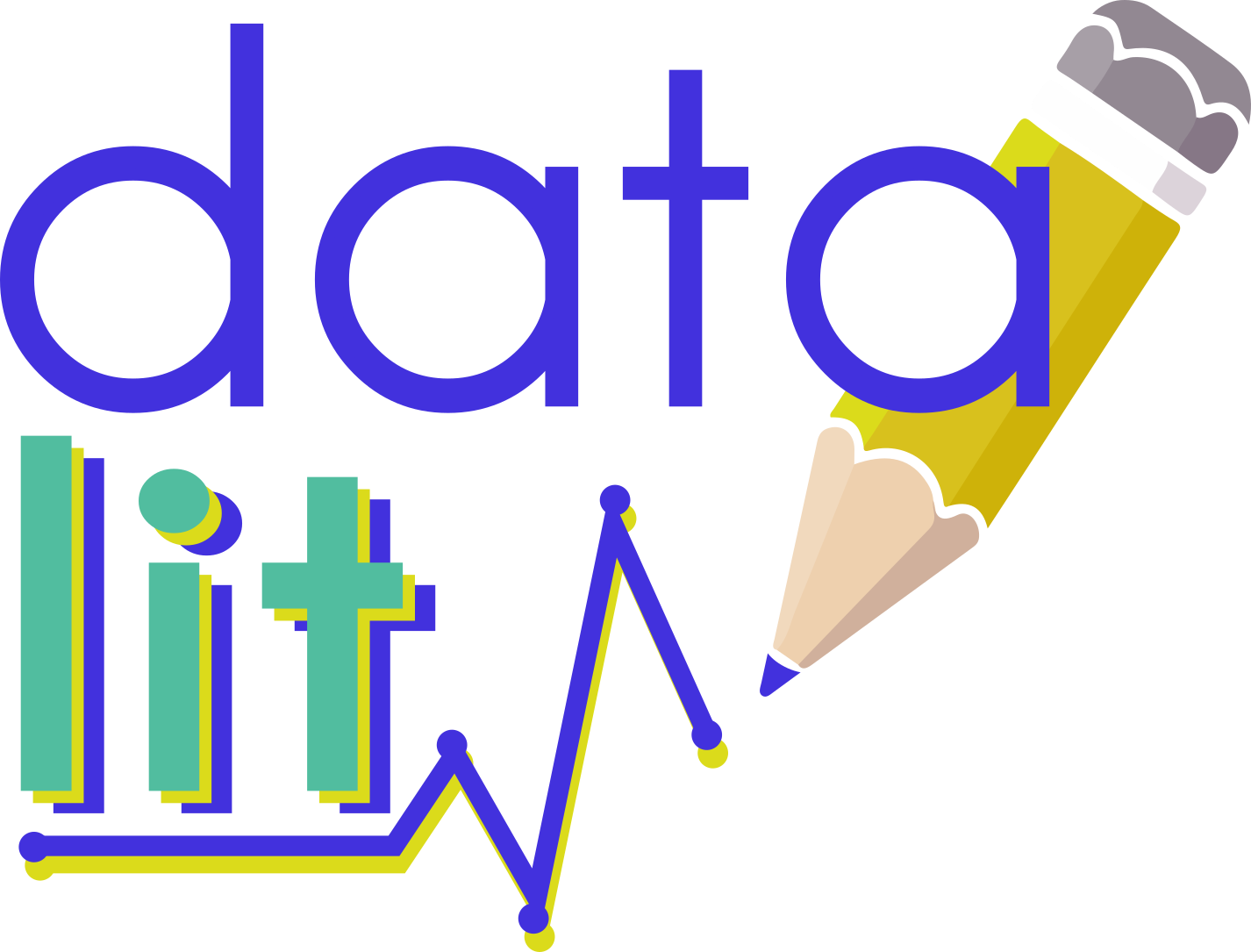DATALIT project is going towards its objectives and consortium members are now managing the courses creation and the piloting phase.Parnter Universities are in charge of handling their lessons with students please find below a provvisional planning of what the Consortium is carrying on.
- NOVA Information Management School (IMS) and INOVA+, Portugal: NOVA IMS provided a short course on Data Management and Information and Knowledge Management for its Bachelors’ and Masters’ students. INOVA+ represented the business side of the course and was responsible for the proposal of a challenge for students to solve using their prior and acquired knowledge throughout the course. This online course was covered under the DATALIT project co-funded by the ERASMUS+ Programme of the European Union. The course materials were provided using the Padlet tool and in three online sessions via the Microsoft Teams platform. These sessions occurred between 20th May 2021 and 30thJune 2021.This course required more than 20 hours of effort distributed in one month and was 100% self-learning. At the end of the course, the students presented their solutions to the business challenge in a three-minute pitch. Finally, the course was self-assessed by the students, with the support of dedicated expert tutors.
- University of Novi Sad and PanonIT, Serbia: The University of Novi Sad and PanonIT delivered a course on E-business through digital platform MS Teams and Canvas to Industrial Engineering and Management students during the spring semester of the academic year 2020/21. This online course is covered under the DATALIT project, funded as Knowledge Alliance under the Erasmus+ Program by the European Commission. Students learned how to “Read and Create Data Visualization” with the spreadsheet software MS Excel during the course. This course required 24 hours of effort distributed in nine weeks. The LEVEL5 assessment methodology was used for evaluation.
- Vilnius University (Lithuania) and Lithuanian Confederation of Industrialists: Vilnius University invited students to improve their data literacy competences and participate in Datalit project, funded by the ERASMUS+ Programme of the European Union. The project aimed to improve students' knowledge and the ability to use time trends and forecasts for various research and enterprise purposes. It developed a clear plan of steps, during which the students acquired the necessary attitudes, skills and knowledge needed to exercise this competence in a quality manner. Students had the opportunity not only to engage in a learning processes, but also to test their skills practically, and some of the activities were organised by the Lithuanian Confederation of Industrialists. The results showed increased understanding and usage of various time trends and forecasting methods and approaches across higher education and beyond.
- Smart Revolution S.R.L. (Italy): Smart Revolution provided a learning offer on data visualization for its staff, especially interns and new employees, from June to September 2021. The learning projects were highly individual and based on the learner's previous knowledge and interests. Staff members could gain their theoretical knowledge through data visualization modules available on the DATALIT platform as well as through synchronous lessons, in partnership with University of Palermo. Then, they applied their acquired knowledge into practice developing a data visualization report of the activities of the company, infographics to support dissemination activities and a learning kit for future learners. This, proved to have a significant added value to the company's daily activities, improving its communication potential.
- Dataninja srls (Italy) - Dataninja worked in collaboration with the University of Bologna with a class of 26 students with a curriculum on Digital Humanities. The training has been managed with a fully online plan of six lessons. During the first part of the course the teachers shared with students the fundamentals of data visualization with the help of a hands-on workbook. During the second part students have been asked for creating their own project works for selecting, analysing and visualing data with specific insights. Students experienced a series of technics of working with data from the use of spreadsheet to the experimentation of different digital visualitazion tools, discovering new way of extracting and communicating data. Lessons have been managed through the Datalit elearning platform. Moreover, using a flippled classroom methodology, students experienced a process of collective peer review of their working and gained 6 University credits (ECTS) once finished. Please see more at this presentation.
-
Evodevo srl (Italy) - Evodevo provided a course on open data based infographics using Tableau Software such as Tableau Desktop and Tableau Online, offered to its staff and external students. This online course is covered under the DATALIT project, funded as Knowledge Alliance under the Erasmus+ Program by the European Commission. Students learned how to find and get open data; how to clean, enrich and manipulate them; how to use data discovery in order to find regularities and anomalies; how to create infographics and how to publish them on the web. This course required more than 110 hours of effort distributed in four months, including workshop and infographics development support by tutors. The Datalit Moodle platform was used to collect videos, texts and evaluation quizzes. The LEVEL5 assessment methodology was used for evaluation. Finally, the course was self-assessed by the students, with the support of dedicated expert tutors.


